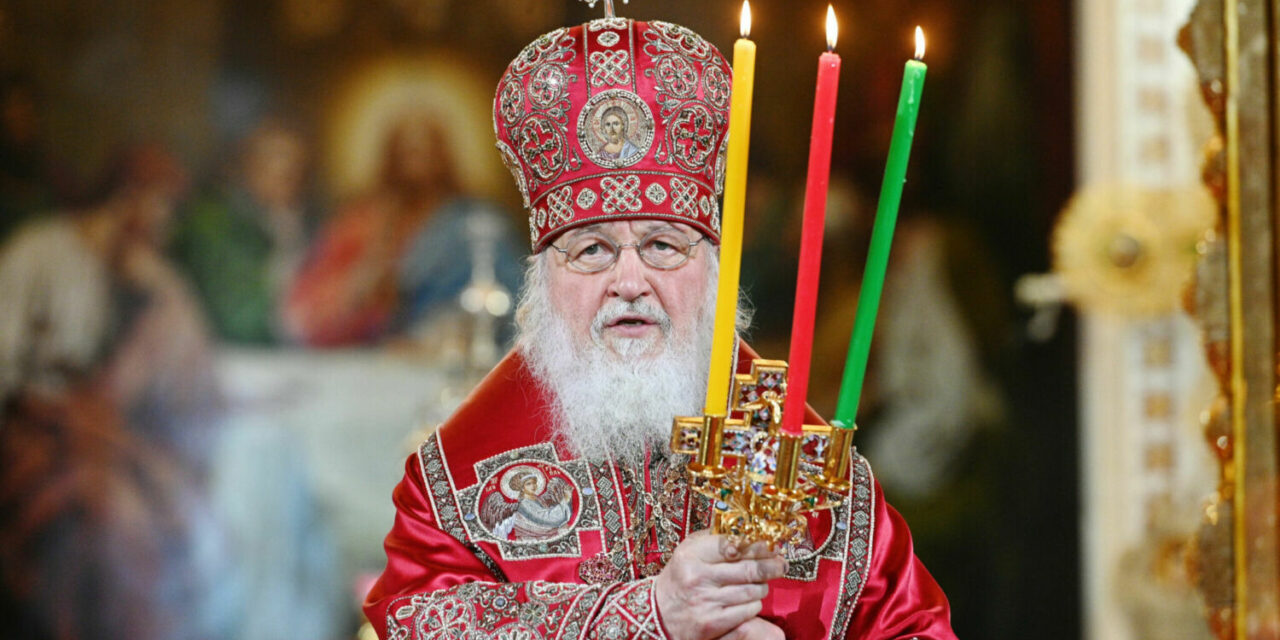It allows Russian women to marry soldiers killed in the war in Ukraine and thus become eligible for state benefits for war widows.
The draft law eliminates discrimination against those who have lived together without marriage. If the woman living with the fallen soldier marries him, she can claim state benefits for herself and her children, reports the Mirror .
We need to think about what to do with such women who do not have a marriage certificate with the murdered man, their lover, with whom they lived for a while
- said Russian President Vladimir Putin last year.
In order to be entitled to a benefit equal to around twenty million forints, the women must prove to the court that they really lived together with the fallen soldier in a "marriage-like" relationship before the war. According to the draft law, such relationships will be declared marriages by the court and the details entered in the civil registry. In this case, the beginning of the marriage is the beginning of cohabitation.
According to the current rules, if the fallen soldier was not married, the "compensation" due after his death is paid to his parents.
There are not even estimates of how many war widows this may affect, as both sides keep the exact number of victims a secret. According to the latest report from the Ukrainians, the Russians have already lost 392,380 fighters in Ukraine since the start of the war on February 24, 2022 and
910 soldiers have fallen in the last 24 hours alone
Ukrainian daily The Kyiv Independent , referring to the report of the General Staff of the Ukrainian Armed Forces
Russia also lost 6,383 tanks, 11,899 armored fighting vehicles, 12,513 vehicles and fuel tanks, 9,411 artillery systems, 980 multiple missile launchers, 666 air defense systems, 332 aircraft, 325 helicopters, 7,191 drones, 24 ships and one submarine, according to the report. These numbers have not been independently confirmed.
Source: Hungarian Nation
Cover photo: Kirill, Patriarch of Moscow and All Russia, at the Easter mass held behind closed doors in the Orthodox Cathedral of Christ the Savior in Moscow on April 19, 2020. MTI/EPA/Oleg Varov













